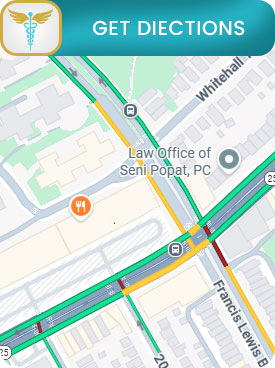Anxiety: Symptoms, Types, Causes, and Treatment in Queens NY
Anxiety is a common type of mental disorder that results in excessive stress and apprehension. It can emerge in a variety of ways, leading to diverse types and causes. Generalized anxiety disorder, panic attacks, social anxiety disorder, and PTSD are the most common types of anxiety. Anxiety can be caused by a variety of factors, including genetics, brain chemistry, life experiences, and stress. If you are experiencing nervousness, sweating, fatigue or panic talk to Jean-Jeffrey Marcellus at Marcellus Wellness & Addiction Services. For more information contact us today or schedule an appointment online. We are conveniently located at 205-07 Hillside Avenue Suite# 10, Queens, NY 11423.



Additional Services We Offer

Additional Services We Offer



